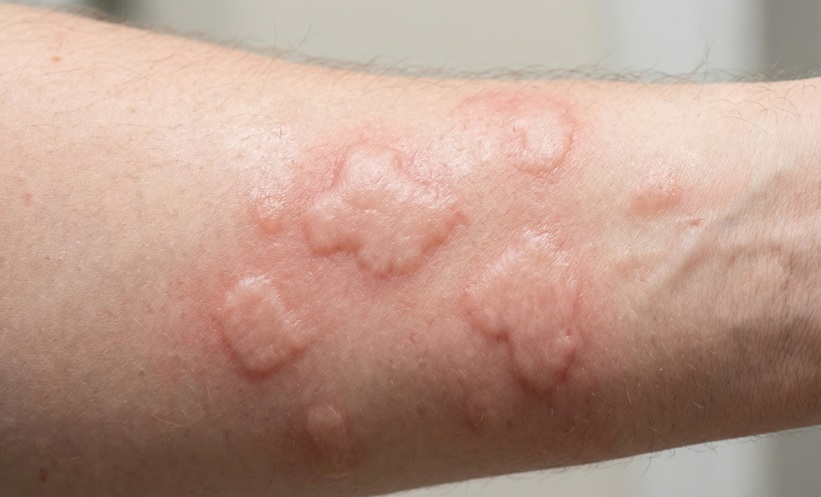THE COMPLEMENTARY feeding period, beginning at around six months of age, is increasingly recognised as a critical window for shaping infant diet, gut microbiota, and immune development. Current global recommendations encourage the introduction of diverse, plant-based foods alongside continued breastfeeding, with evidence suggesting these early exposures may promote nutrient intake, microbial balance, and immune tolerance.
Blueberries, rich in flavonoids, fibre, and vitamins, are among the most studied plant-based foods for their health benefits. Their high anthocyanin content offers prebiotic, antimicrobial, and immune-modulating effects. Previous research has shown that blueberry intake in adults increases beneficial Bifidobacterium species, enhances gut barrier integrity, and reduces inflammation. In experimental models, anthocyanins have been found to regulate cytokine responses relevant to allergy prevention, notably reducing pro-allergic Th2 cytokines while supporting regulatory T-cell activity.
A recent double-blind, randomised controlled trial investigated whether blueberry consumption during infancy could influence allergy-related symptoms, immune markers, and gut microbiota. Infants receiving blueberry supplementation showed a greater resolution of respiratory symptoms and fewer new allergy cases compared with the placebo group. Although most cytokines measured remained unchanged, modest trends were observed: reduced IL-13, a driver of allergic inflammation, and increased IL-10, an anti-inflammatory cytokine associated with oral tolerance. These findings suggest that blueberries may help shift the immune response towards a more regulatory profile, although statistical significance was limited.
Microbiota analyses revealed complex associations between bacterial taxa and immune outcomes. Notably, bacteria known to produce short-chain fatty acids, such as Anaerostipes and Clostridiales, were negatively correlated with inflammatory cytokines, consistent with their role in promoting immune tolerance. Conversely, opportunistic bacteria such as Citrobacter were linked to IL-13, reinforcing the interplay between microbiota and allergic risk.
While the trial had limitations, including a modest sample size, some baseline imbalances, and reduced compliance, the findings highlight the potential of anthocyanin-rich foods as safe, dietary-based strategies for supporting immune maturation in infancy. Further research with larger cohorts and longer follow-up is needed, but introducing blueberries during complementary feeding may represent a promising approach to allergy prevention and long-term health promotion.
Reference
Venter C et al. Blueberry consumption in early life and its effects on allergy, immune biomarkers, and their association with the gut microbiome. Nutrients. 2025;17(17):2795.





